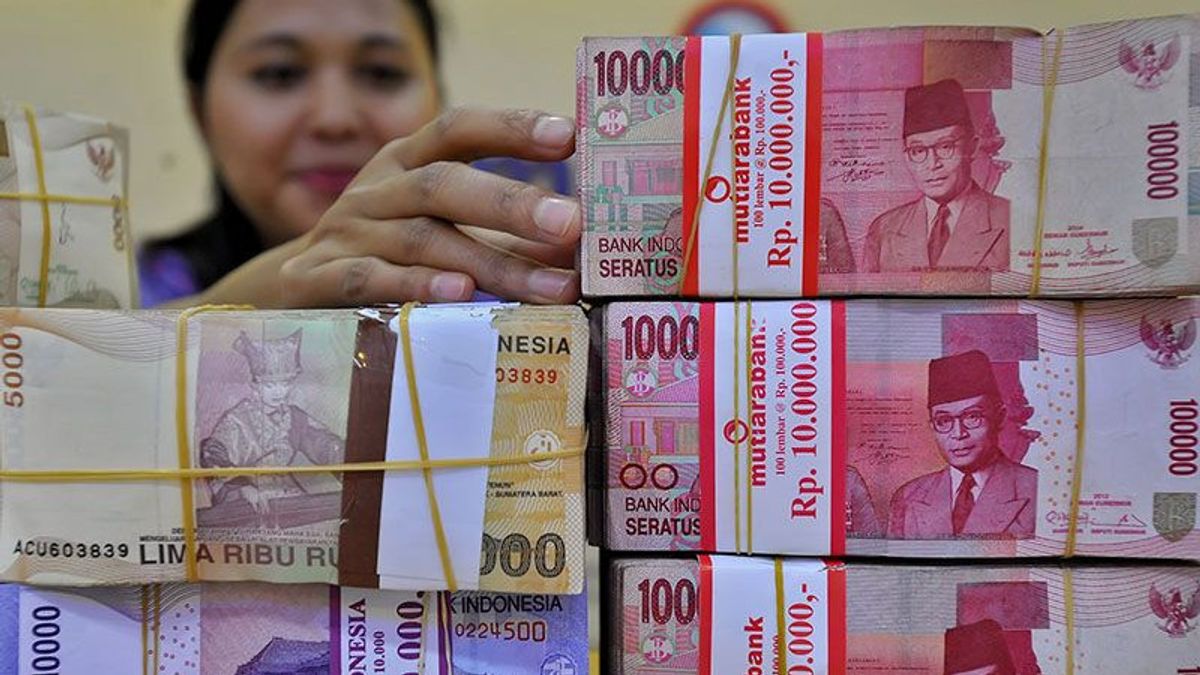JAKARTA - The Financial Services Authority (OJK) stated that bank restructuring loans affected by COVID-19 continue to decline.
OJK Banking Supervision Chief Executive Dian Ediana Rae said this indication was reflected in the restructuring data as of July 2022 which had fallen to Rp560.41 trillion.
"This number is low from June 2022 which is IDR 576.17 trillion," he said in a written statement on Tuesday, September 13.
According to Dian, credit that received relaxation had reached its highest point of IDR 830.47 trillion in August 2020.
"This shows that 40 percent of loans restructured because affected by COVID-19 have returned to health and are out of the restructuring program," he stressed.
Dian added, in detail the number of debtors who received the restructuring also fell to 2.94 million debtors as of July 2022. This number decreased significantly from August 2022, which at that time was 6.84 million debtors.
In terms of sectoral proportions, the restructuring per sector for total credit per sector which is still above 20 percent is the accommodation, food and beverage sector which reaches 42.69 percent or Rp126.06 trillion.
"Other sectors that are still affected are real estates and rentals, of 17.90 percent of the sector's loans are still being restructured with a value of Rp51.87 trillion," he said.
Furthermore, Dian explained that OJK is considering the effectiveness of the continuation of the credit restructuring policy in connection with the recovery rate of different debtor performance in each sector, segment, and region.
"In the future, the direction of the OJK stimulus will be more targeted for sectors, segments, and regions that are considered in need," he said.
Meanwhile, the direction of OJK's policies related to COVID-19 credit restructuring is divided into three large groups. First, the authorities will pay close attention to the development of the economy and the pandemic and continue to observe various factors between the potential and the challenges of further economic recovery.
Second, the various challenges still have the potential to hinder optimism, including the high global geopolitical tension, supply chain disruption, high commodity and energy prices as well as the propagation effect of rising inflation and interest rates that trigger stagflation, still overshadowing optimism for economic recovery.
And the third is to consider the effectiveness of restructuring policies in reducing credit risk increases. In the future, the direction of the OJK stimulus is expected to be more targeted for sectors, segments, and regions that are considered in need," concluded Dian.
The English, Chinese, Japanese, Arabic, and French versions are automatically generated by the AI. So there may still be inaccuracies in translating, please always see Indonesian as our main language. (system supported by DigitalSiber.id)













